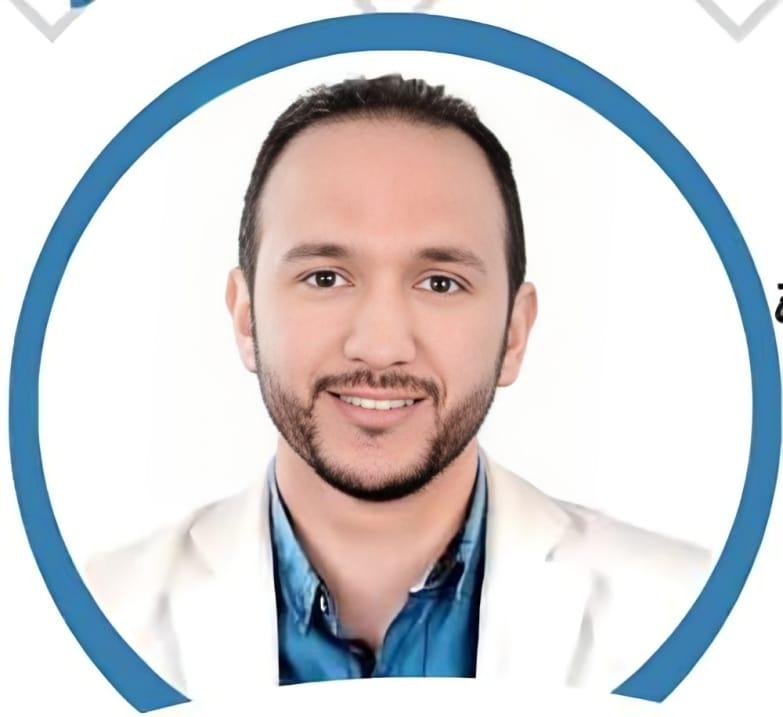Dr. Mohamed Amara - Consultant Pediatric Surgeon and Congenital Defects Specialist
About Dr. Mohamed Amara: Dr. Mohamed Amara is a Consultant Pediatric Surgeon and Congenital Defects Specialist, and he serves as the Head of the Pediatric Surgery Department at Al Salam Hospital. He is one of the leading experts in Pediatric Surgery in Egypt, with extensive experience and expertise in treating a wide range of pediatric conditions. Dr. Amara holds a Doctorate in Pediatric Surgery from Al-Azhar University and is a Fellow of the Royal College of Surgeons in England. He also holds a position as a Lecturer in Pediatric Surgery at Al-Azhar University and as a Consultant in Al-Azhar University Hospitals.
Pediatric Surgery Subspecialties:
Dr. Mohamed Amara specializes in a variety of pediatric surgical subspecialties, including:
General Pediatric Surgery:
Treating common surgical conditions in children such as umbilical hernias, appendicitis, and other simple to complex surgical cases.
Pediatric Urology:
Addressing issues related to the urinary system in children, including urinary incontinence and congenital genital abnormalities.
Pediatric Oncology Surgery:
Diagnosis and treatment of both benign and malignant tumors affecting children at various ages.
Pediatric Thoracic Surgery:
Addressing chest-related issues such as diaphragmatic hernia and chest wall deformities in children.
Pediatric Gastrointestinal Surgery and Endoscopy:
Treating digestive disorders such as chronic constipation, acid reflux, gastrointestinal issues, and performing laparoscopic procedures.
Pediatric Congenital Defects and Deformity Surgery:
Correcting congenital deformities such as cleft lips, cleft palates, tongue tie, and genital abnormalities.
Medical Services Provided by Dr. Mohamed Amara:
Dr. Mohamed Amara offers comprehensive services in the treatment of a wide range of pediatric surgical conditions, including:
Congenital deformities such as cleft lip, cleft palate, bat ears, and other birth defects.
Gastrointestinal surgeries like chronic constipation, acid reflux, appendectomy.
Pediatric urology including incontinence, genital abnormalities.
Newborn and premature baby surgeries, as well as obesity surgery for children.
Pediatric plastic surgery such as cleft lip and palate repair, and treatment of hemangiomas.
Conditions Treated by Dr. Mohamed Amara:
Swelling in the anus
Urinary incontinence
Genital deformities
Circumcision in boys
Anal tag
Congenital defects
Small penis
Tongue tie
Umbilical hernia
Cleft lip
Gallbladder issues
Cleft lip and palate
Obstructed anus
Constipation
Hypospadias
Appendicitis
Diaphragmatic hernia
Anal fissures
Gastroesophageal reflux disease (GERD)
Testicular pain
Sebaceous cysts
Undescended testicle
Hydrocele
Hirschsprung’s disease
Abscess
Difficulty in bowel movements
Involuntary defecation
Inguinal hernia
Retractable testicle
Buried penis
Academic and Professional Experience:
Doctorate in Medicine from Al-Azhar University, Egypt (2023).
Consultant Pediatric Surgeon in Nasr City since 2014.
Lecturer in Pediatric Surgery at Al-Azhar University.
Fellow of the Royal College of Surgeons in England.
Service Fees:
Consultation fee: 450 EGP
Wait time: Approximately 9 minutes
Free consultation for 7 days from the date of the visit
Location and Contact Information:
Address: Shari' Al-Bareed, First Settlement, Third District, New Cairo
Phone Number: 0115 558 1268
Conclusion:
Dr. Mohamed Amara is one of the leading Pediatric Surgeons and Congenital Defects Specialists in Egypt. He offers comprehensive care for a wide range of pediatric surgical conditions, ensuring the highest level of treatment for your child. If you are looking for a highly experienced Pediatric Surgeon, Dr. Mohamed Amara provides exceptional care for children's surgical needs. Feel free to contact him for the best medical care for your child.

